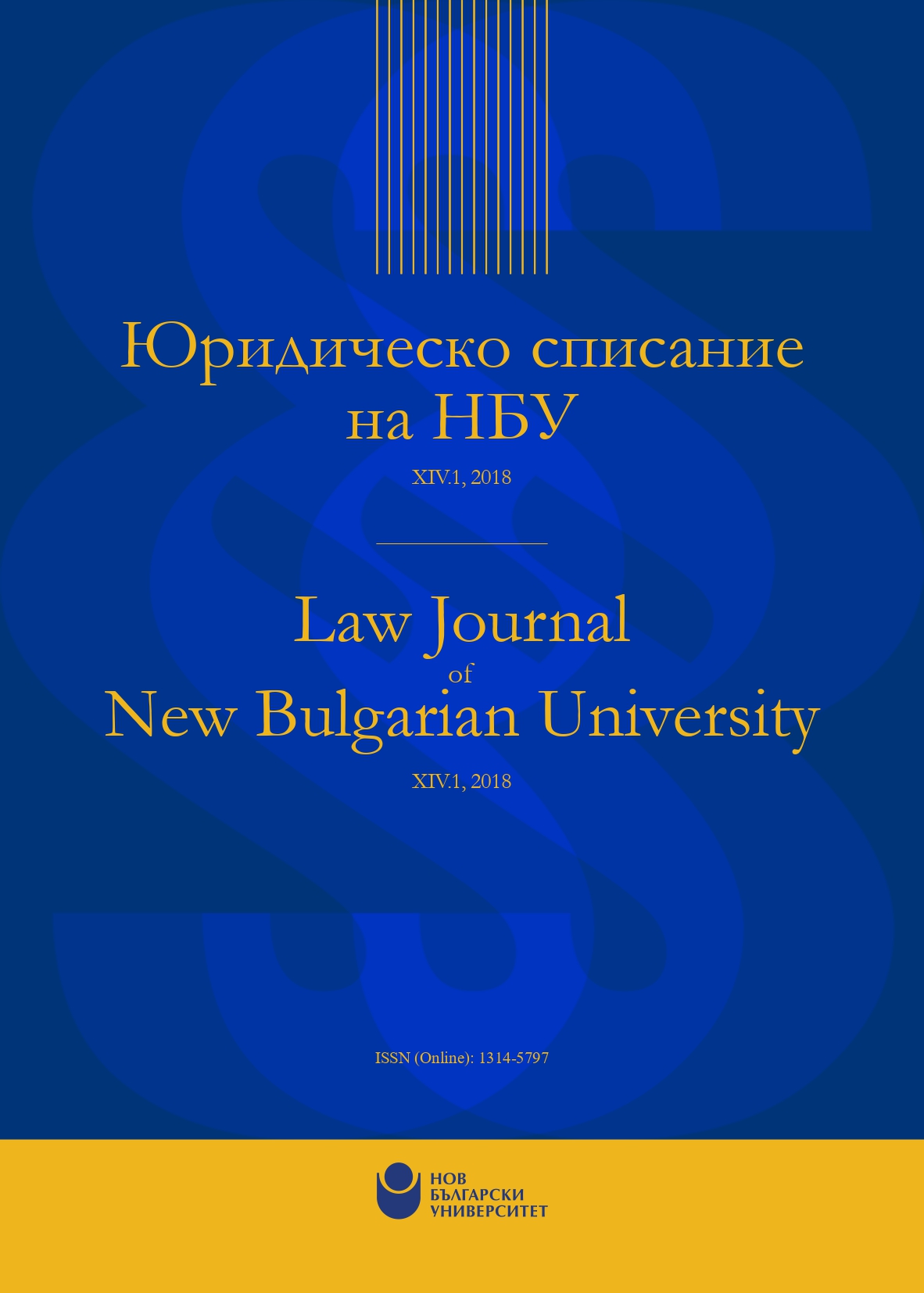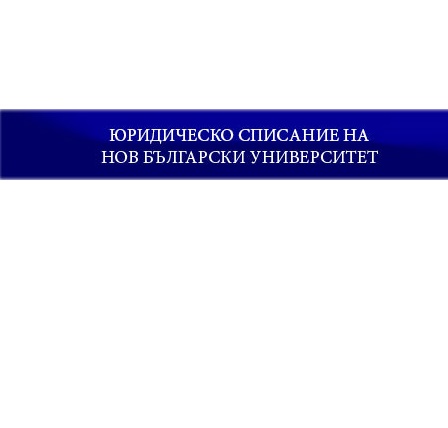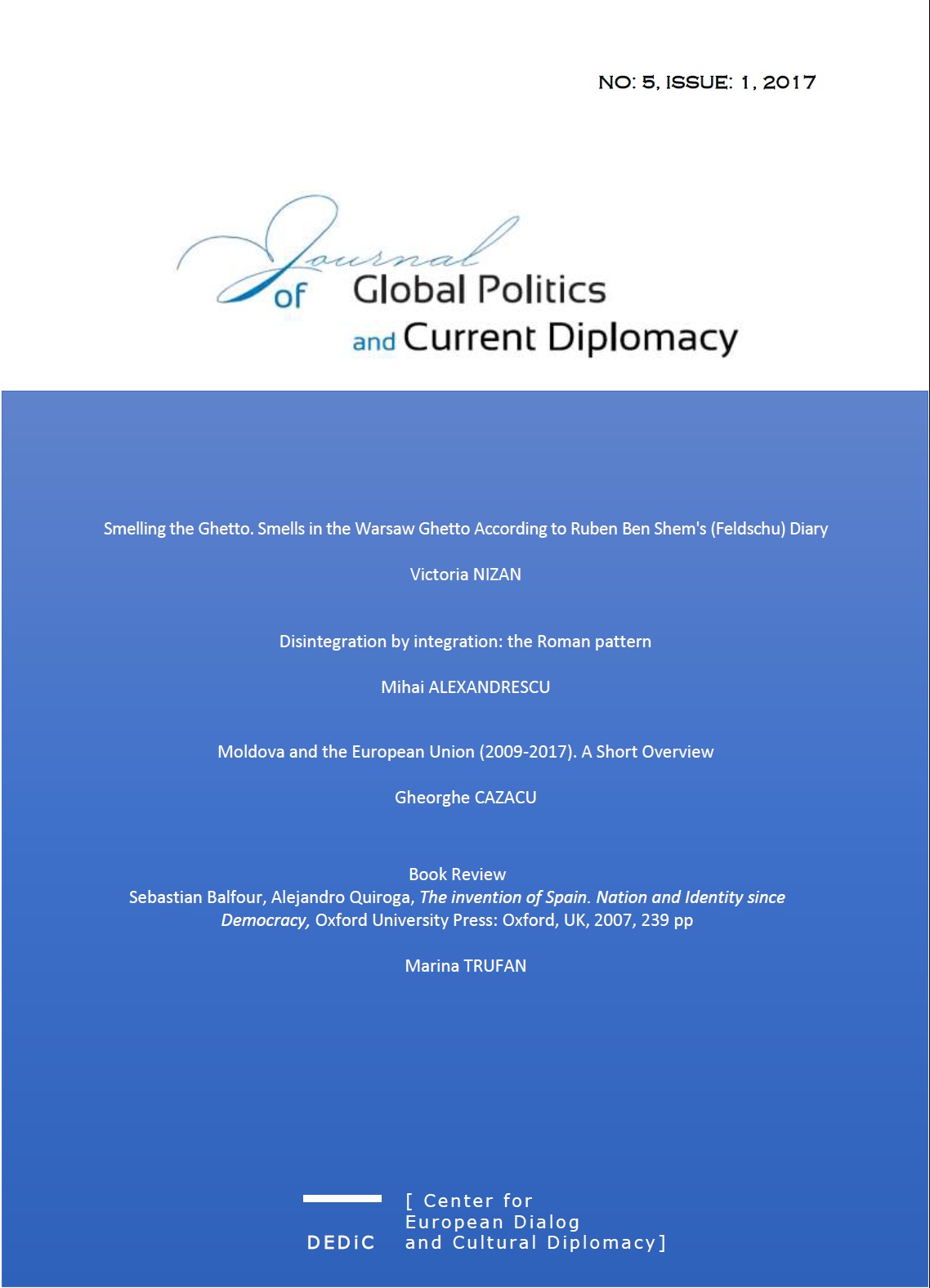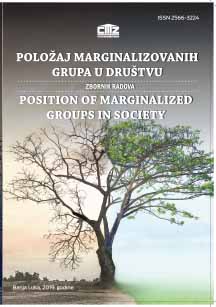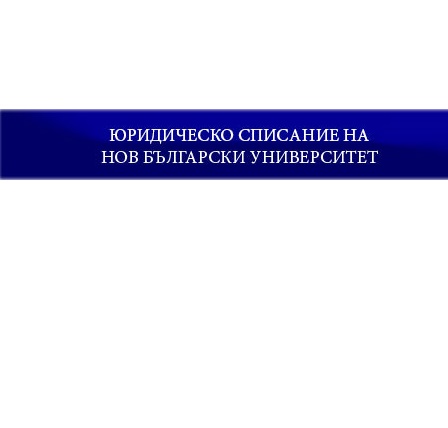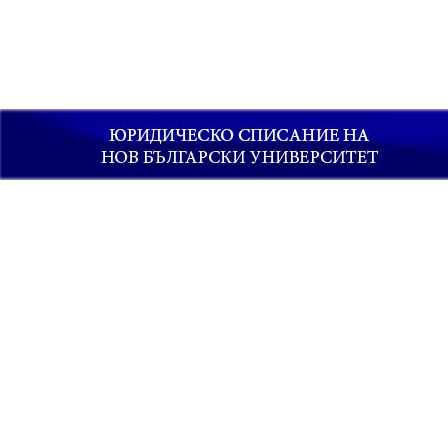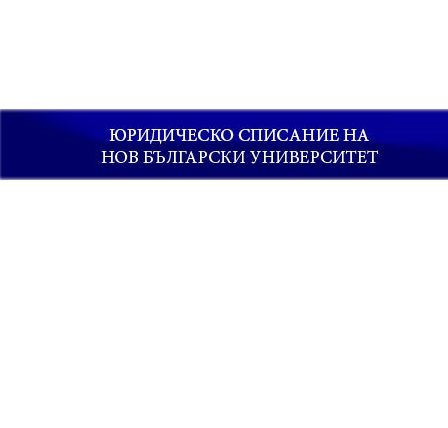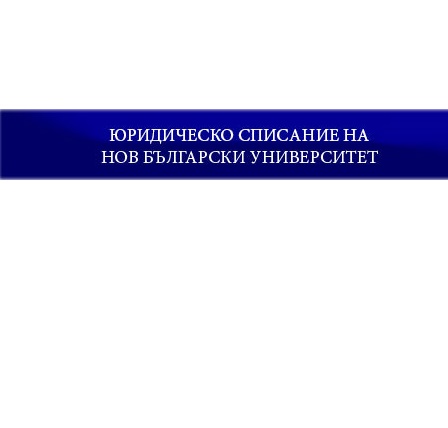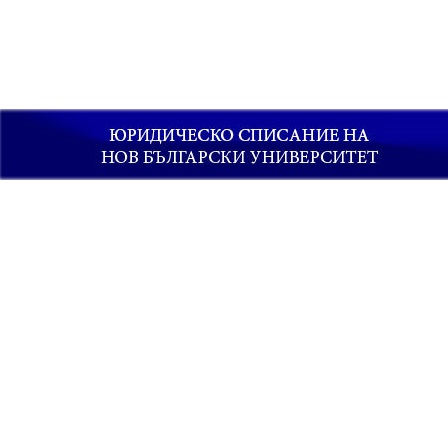Author(s): Zorica Mršević / Language(s): Serbian
Issue: 4/2019
The analysis of the position of lesbians starts from the general position of women through the position of the LGBTI population as a whole to the specificity of lesbian existence. The most visible data on the position of lesbians in Serbia is the fact that Serbia as the first country in the region, and one of the very few in Europe and the world, got in June 2017 the prime minister openly identified as a lesbian. The mostly expressed opinions of LGBTI people, their friends and relatives about the fact that Prime Minister Brnabić has positively influenced the improvement of the position of lesbians and the general LGBTI population, although there are also different attitudes. Nearly non reduced are all three basic problems that characterize the position of lesbians in Serbia during many years: vulnerability of personal safety due to non-sanctioned anti-lesbian violence, tolerated hate speech in public discourse, and the lack of legal regulation of same-sex partnership and family relations. Lesbians, in most cases, share the same problems, disdain, discrimination, threats, intimidation, attacks both verbal and physical, but in the same time as well improvements to the better, as the entire LGBTI population. Lesbians also share the common general position of women and are also affected by typical women’s problems with misogyny, such as the gender based violence and discrimination. The lack of implementation of most relevant provisions of the Government's Strategy for Prevention and Protection against Discrimination and the its Action Plan for implementation from 2014 to 2018. is the most immediate practical reasons for the existence of all of these three problems. But the main reason is the continued existence of discrimination based on sexual orientation as part of the everyday life of the LGBTI people in Serbia, where this population remains among the most discriminated groups. This text is based on academic sources, reports issued by independent institutions, e.g. the Protector of Citizens and the Commissioner for the Protection of Equality, non-governmental organizations specifically dealing with human rights issues of the LGBTI population, as well as relevant decisions of the European Court of Human Rights in Strasbourg.
More...
